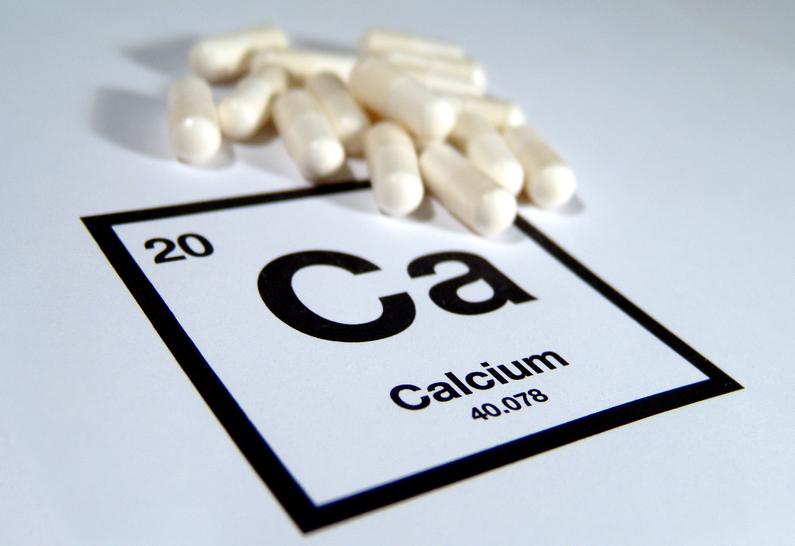Calcium is one of the most essential minerals required for the musculoskeletal system. It is required to strengthen, build and repair your bones. It is also vital for the structure of your teeth, muscle contraction, depolarizing mineral for the heart, neural transmission and blood-clotting mechanism of your body.
Diseases Caused by Lack of Calcium
Most of your body’s calcium is concentrated in your bones and teeth. Lack of calcium in the body leads to weakness of bones because your body makes up for the deficiency by absorbing calcium from your skeleton to perform its functions. This can further develop into bone and joint ailments like hypocalcemia, osteoporosis, osteomalacia, rickets, and many others. It can also cause heart problems like arrhythmia and mental illnesses like depression or dementia.
People at Risk
People who require special attention towards their calcium intake include children, old people, women and people with lactose intolerance or milk allergic. Young children and teenagers require more calcium because their bones are at a developing phase. They may not grow tall if they don’t get enough calcium. The elderly are at risk because as people age their bones deteriorate in strength. Women are at risk due to pregnancy and menopause due to various changes in their hormones during these phases. People with milk allergy and lactose intolerance are at high risk because they are required to avoid milk which is your primary source of calcium accounting for thirty percent of daily intake.
Causes of Hypocalcemia
The major cause of hypocalcemia, or calcium deficiency, is lack of calcium and vitamin D in your daily diet. Other causes include gastrointestinal disorders, kidney failure, cancer, pancreatitis, liver failure and anxiety. Hypocalcemia can be diagnosed with physical and mental examinations.
Avoiding Hypocalcemia
Calcium deficiency can be avoided by consuming food items rich in calcium, which include milk products, green vegetables, fish with edible bones, nuts, edible seeds, beans, soy food and packaged products fortified with calcium. You may need calcium supplements if your diet doesn’t provide you with enough of the mineral. However, it’s important that you don’t overdose on calcium to avoid hypercalcemia, which can weaken your bones, cause kidney stones and mess up the functioning of your heart and brain. A healthy adult usually requires a thousand milligrams of calcium per day. People suffering from calcium deficiency should stick to the dosage prescribed by their doctors.
You also require vitamin D in your diet to absorb calcium from your food. A walk in the morning is a good way to get some as the hormones in your skin produce the vitamin when exposed to UVB rays. Fatty fish, eggs and packaged food fortified with vitamin D are some reliable food sources. You might also need vitamin D supplements.
Magnesium is also needed to regulate your calcium and vitamin D level. Nuts, fruits and edible seeds can provide you enough, but you might need magnesium supplements.
With a healthy dosage of calcium and vitamin D in your daily diet, daily workout sessions and an active lifestyle you can maintain bone strength, proper body functions and lead a healthy and happy life.
